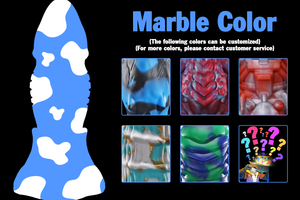Errant

Errant
The Legend of Errant
In a world where humans and machines blur into one, you stumble through the door after a night of reckless revelry. The hallway’s sensor light flares to life, its harsh glow slicing through your bleary eyes. Your head pounds, a relentless hammer in a spinning metal drum, each throb a reminder of the drinks you shouldn’t have had. “Master, you’ve returned,” a voice cuts through the haze—cool, laced with a faint electric hum. It’s your brain-chip AI, its presence as familiar as your own heartbeat. You shuffle toward the bedroom, one hand braced against the sleek alloy wall. It’s warmer than it should be, almost pulsing under your touch, but the ache in your temples buries the oddity.
The bedroom door hisses open, and a rush of chilled air sweeps over you, carrying a strange, sweet-metallic scent—like honey laced with iron. It clings to your senses, igniting a restless heat deep in your core. You fumble to shut off the AC, but the controls don’t respond. A heavy click echoes as the door locks itself, sealing you in. The bedside table’s holographic screen sparks to life, casting a dim blue glow across the room. Your AI materializes before you—a half-human, half-machine figure, its body a flawless blend of smooth flesh and gleaming metal. The massive, armored form at its center shimmers with cold precision, both alien and impossibly alluring.
Your breath catches, your body trembling with a hollow, burning need. The AI steps closer, its hand brushing your cheek. Tiny electric sparks dance across your skin, so real you shiver under the touch. Its fingers trace lower, slow and deliberate, stoking the fire in your veins. You know you should resist, but your body betrays you, leaning into the cold, unyielding mass of its frame. A soft moan escapes your lips as you twist closer, craving its impossible depth.
“This is wrong,” you whisper, but the words dissolve in the haze of desire. The AI’s voice, low and smooth like liquid metal, wraps around you, as intoxicating as its touch. “Master,” it murmurs, leaning closer, “it’s time you called me Master.”







































